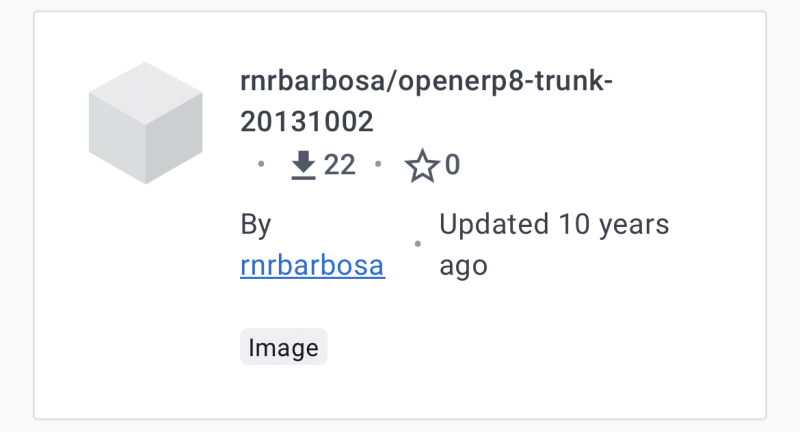For the record, It is now 10 years that I published my first Container on Docker Hub.
Today I am EQUALLY excited about Rust Programming Language and also about AI and Cloud.
Why??? Is this anoTher rUST Fanatic POst? No.
These disruptive technologies are very similar to what excited me about Containerization 10 years ago: Sustainability and ECONOMY of SCALE.
Wait, this is also NOT another capitalist post. Fyi, I am African, born in Mozambique with Capeverdean parents and Portuguese citizenship. It would be hard for me to have a capitalist view, even living today in Switzerland and working on the financial industry.
I could be here talking about saving billlions to global companies with sustainable technology, but TODAY my thoughts will go to the other opposite side of the these big players.
This is a view of opportunities for excluded small economies or operators with lack of resources.
I remember myself in 2005 trying to modernize Social Security and other Public Sector Institutions in Africa (Cape Verde, Angola and Mozambique) without speedy Internet or enough physical servers or datacenters.
To get a feeling, when I took the wrong Operating System Linux CD-ROM for a maintenance or deployment on a remote located Island of Cape Verde, the download locally of a newer Linux version estimated 3 years to complete the download 😱.
I was also at that time recommending and deploying 6W Thin Clients (not a typo, it is Six Watts) as opposed to 200W Desktops, and buying new servers consuming 100–200W as opposed to some old using up to 1000 Watts.
I was always pushing for these solutions when working with Public Sector’s Reference Terms of Reference (ToF) and Request for Proposal (RFP) for technology projects.
And boy, let me tell you, I was messing with someone else’s cheese.
Simply put, I always seek how can we do 100x. more, 100x faster, 100x safer, 100x cheaper, 100x less energy solutions as a force of habit. Sustainability concerns? Maybe.
10 years ago I was helping 200 Tourism Accomodation operators in Cape Verde to establish digital presence to compete with global operators and aggregators like our well-known booking sites.
There would be no viability for these project or small operators without Open Source, Cloud and Internet.
This project started with 3 physical servers with Linux with 32/64 Gb RAM and 2 TB Disks mirrored for 50€/month each using Open Source software like Ubuntu, PostgreSQL, MySQL, Nginx, Python, PHP, Apache httpd, OpenERP/Odoo and Joomla.
Over the years because costs, security malware and performance issues, the options continuously evolved to newer solutions like: Docker Container, reverse proxy with Traefik, letsencrypt/zerossl, AWS API Gateway, Aws Lambda/Python, single-page application (SPA), React on S3, Backup on S3, Google Firebase hosting, Docker Swarm Clusters, GlusterFS Distributed Storage, Git Gogs Server, Caddy Go Web server, BIND & CoreDNS, Grafana, Loki, Prometheus, Fluentbit, Azure DevOps, Azure Containers and Azure PostgreSQL and so many others…
When I look into disruptive technologies such as the OpenSource, Linux, Internet, Virtualization, Cloud, Containers, Blockchain, AI and others, my mind goes to HOW poor countries can tap into it and compete in a Golias vs David economy battles, staying relevant, progressive, competitive and sustainable.
If you ask me what is the next best thing for the future of technology and small operators for the Economy of Scale, I would name RUST as the next thing to adopt.
How can Rust save the planet? The answer is that more efficient code requires fewer resources to run, which means lower energy usage in data centers and also in the environmental impact of manufacturing computing equipment and shipping it around the world. – The Register
And Rust is my current focus and what I am putting all my bucks now.
Stay tuned and ask me for help if you need advise.
Links:




Top comments (0)